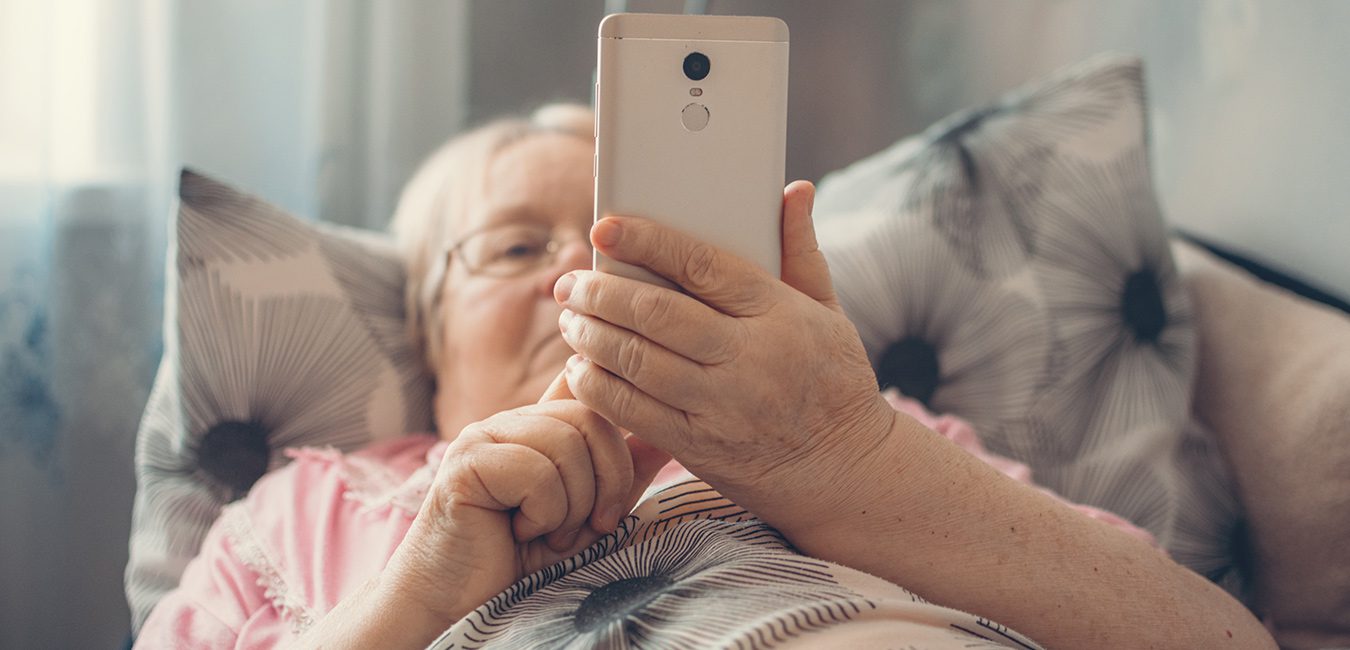Stay Connected—and Keep Your Heart Healthy Too!
Being alone a lot may not just make you lonely or sad. It might also put you at a greater risk for heart problems. This could have serious consequences as more people stay at home to prevent the spread of coronavirus across the country.
Previous studies showed that people who were socially isolated had a 32% increase in the risk of stroke. Those who didn’t see other people much had a 29% increased risk of heart disease overall.
In the new research, scientists have figured out the reason: inflammation. In the largest study of its kind, researchers looked at 30 previous studies and found that having few chances to be with others increased the amount of inflammation in the body.
Inflammation happens when the immune system tries to repair damage to the body. But if it’s long-term, it ends up damaging healthy tissues and organs, including the heart and blood vessels. Inflammation increases the risk of blocked arteries and may limit blood flow to the heart or brain. That raises the risk of a heart attack or stroke.
The study found that being cut off from others was linked to the release of C-reactive protein, an important marker of inflammation in the body. (Click here for information about a highly sensitive test for this substance.)
The good news is that there are always ways to connect with other people—even when you are staying home to avoid getting sick. Here are a few to consider:
Pick up the phone
How long has it been since you spoke with your favorite aunt or chatted with a friend in another city? It might sound old-fashioned, but calling someone is a great way to feel less alone. Make it a point to call someone each day, even if you’re just checking in to see how they are managing.
Connect online
If you are computer savvy, you can take advantage of many ways to stay in touch, from simple email to Facebook. With more cities and states recommending limitations on the size of groups that can meet, you can get together with neighbors on NextDoor, an online platform that allows people in a city or part of a city to exchange information or connect over shared interests. With a platform called Zoom, you can invite friends to “meet” online to discuss a book you’ve all read or just catch up.
Go for a walk
With many people staying at home, more of them have the time to take a stroll in the neighborhood. Although you want to keep some distance, you can still have a friendly interaction with friends and neighbors when you cross paths. Just be sure to stay several feet away. You can even take a walk with a friend as long as you keep a distance of 6 feet between you.
With a little effort, you can stay connected with those you care about—whether there’s a virus to worry about or not. The result: a happier, healthier you!
For more information on tests that detect hidden inflammation, go to KnowYourRisk.com.

